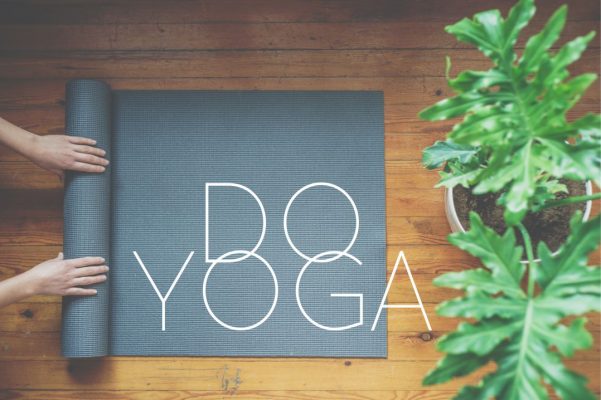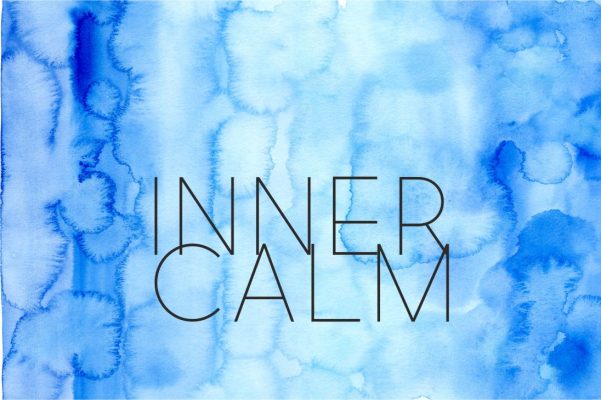I was so moved by this Ted Talk I had to write about it. The topic: Emotional Mastery by Joan Rosenberg. Wonderful women. Excellent talk. I think she shares loads of wisdom in this short video.
However, I also felt she left out two really important elements to this discussion. I want to share this informative talk, and also expand on it.
She starts off by describing a moment in her younger years where someone said something so hurtful that it felt like she was being stabbed in the guts with a fork. We can all relate. We can all recall a time in the past when someone said or did something that really hurt. We all have painful moments from the past.
She goes on to explain that these painful moments produce uncomfortable or unpleasant emotions. She has come up with a list of 8 common, unpleasant emotions we feel as humans. Perhaps we can think of more than 8, but I think we can agree we all feel these basic uncomfortable emotions:
Sadness, shame, anger, helplessness, vulnerability, embarrassment, disappointment and frustration.
I like that she touches on the importance of language; how we label these emotions matters. It is helpful to say they are uncomfortable or unpleasant emotions, rather than bad or negative.
She goes on to describe the normal human reaction to these emotions. We run, or hide or shut down. Or we distract ourselves with food, or drugs, or alcohol, or sex, or porn, or shopping or work, or gambling, or social media, or whatever else we have found useful to avoid feeling these unpleasant feelings.
She also mentions the more subtle ways we avoid feeling those uncomfortable emotions such as: tightening our muscles, swallowing hard, or holding our breath.
The fact is we are constantly trying to avoid the unpleasant feelings.
She also points out this really critical fact: We are actually reacting to the sensation in the body – not the emotion. Scientists are finding out that an emotion is a wave of reaction in the body and essentially is a rush of biochemicals being released into our bloodstream producing an uncomfortable sensation. It is that sensation that we are reacting to.
She says this biochemical wave lasts 60-90 seconds. She implies that if we can ride out that wave instead of reacting to it, or running from it, it will pass.
I agree!
This is what the Buddha found out over 2000 years ago. This is essentially the teachings of Vipassina. Any of you who know me, know that Vipassina meditation is an integral part of my daily practice and by far the most practical teachings I have come across to helps us re-program our brains.
This process of feeling a sensation in the body, and learning to observe it with equanimity, instead of reacting IS the path to liberation in my opinion. Liberation meaning, a way for us to free ourselves from the past. A way for us to be present in the here and NOW.
She goes on to speak of this formula she has invented. She says her and her colleagues have come to refer to it as the Rosenberg Reset:
1 Choice
8 Emotions
90 Seconds
The choice: be present!
The 8 emotions that I listed above.
The 90 seconds is how long that biochemical wave will pulse through our system if we don’t react.
But this is where I stumble: this bit about CHOICE.
I think choice might be possible for someone who has a practice. For someone who has developed the skills of awareness. I think choice might be possible for someone who doesn’t have an overwhelming amount of trauma. However, I think for most people, it’s just a nice idea. Almost an impossibility; especially if it is presented as such: “just choose to be present”.
Now granted, maybe she has some technique, some teaching that I am not aware of that gets us to the place where we can do that. I am open. However, listening to the Ted Talk – I thought it is critical to mention how important it is to have a tool to help us get there.
How can we really be present? Present enough that we can observe this emotion being experienced as sensation for 90 seconds. Because most of us, when that emotion is experienced, we are already reacting to the sensation before we ever recognize we have a choice. And therefore, we have already set off another wave of biochemicals that will spur on more of that emotion; and hence we are caught in reaction before we ever have a choice!
So one – What is a tool that can help us? How can we create enough of a pause between an experience or a trigger that will evoke an emotion/sensation, and the reaction itself? How can we create enough awareness so that before we run or hide or distract, we can decide to observe and ride that wave?
And two- I think we must also discuss the fact that there are people who have been hurt so badly, that out of a need for survival, their neural pathways and this whole system of biochemical reactions have developed in such a way that we can hardly expect them to just decide to be aware and make a change.
Many people are living out a reality that began in childhood under unsafe, abusive and neglectful terms. There are children who endure horrific abuse and neglect and don’t get to decide or choose how they react. They just survive. Their underdeveloped emotional systems and brains are coping with survival. They learn to escape the pain through disassociation, and/or engaging in behaviors or taking substances that allows them some measure of relief from the enormous pain they face. No choice.
We have to understand that children who endure serious trauma have built into their brains and neurological pathways a system of escape. Their brains and bodies, without their choice, developed a coping mechanism so that unpleasant emotions would not completely crush them. I think we must acknowledge for these people, it is not as simple as choosing to be present.
So is there a tool? is there a way to re-program our brains?
I think there are 2 important aspects to consider here:
First: develop and commit to a practice. Yoga, breath awareness and meditation. Whether you are someone who has suffered incredible amounts of pain, or whether you have moderate amounts of pain. This is a good place to start.
A Yoga practice gives us a way to start to explore ourselves through the practical aspect of the body. We can begin to feel ourselves. Not when we are triggered, but daily for 20 minutes. In neutral terms. Our body and our breath. We can start to be with ourselves. Notice ourselves.
Two: find a coach, guide or teacher who can help us through the process. Someone who cares. Someone who has walked the Path. I think it is critical to have someone that can help us to feel safe; someone to lean into while we learn to ride those waves.
In summary, I like what she has to say, mostly.
I like that she names some emotions that we can agree are uncomfortable; that make us feel awkward. I think it is important, as she says, to shift our language from bad emotion to unpleasant.
I love that she points out they are temporary; fleeting.
I think it is true if we can move through those emotions; be with the sensations- this is a way to free ourselves from those past hurts. The practice of riding that wave is very powerful.
I agree the emotions you really don’t want to feel are the really important ones. I think as we scan the list of 8 there are certain ones that jump out at us. Pay attention to that.
I love her analogy of the waves on the beach. The waves come up tumultuously, or gently. Feelings are like that. The can come up moderately, or mildly, or wildly, but they always subside.
Again, I think when we are learning to surf, we often need a teacher, someone to be out there in the water with us so we don’t become overwhelmed when the waves are enormous – someone to help us feel safe as we tread through treacherous territory.
I like that she touched on grief, and I love how she describes it as waves of waves.
I think we can learn to surf those waves. I believe that learning how to do that can help us untether ourselves from our past; from the pain. I think learning how to do that provides us the opportunity to live in the present; to create our lives anew moment to moment.
I really love how she describes the benefits of doing this work. She sees people mend relationships. She watches people have courageous conversations. She sees people begin to pursue their goals. She gets to witness people feel more comfortable in their own skin! These are real benefits. I see them in the work I do too.
Lastly, I think she makes a very good point when she says it’s not the big choices that change your life, it’s the little ones. The moment to moment ones.
If you feel called to make just the first small choice to be freer, find a practice that can help you develop the skills of awareness. Yoga. Breath awareness. Meditation. Find a teacher or guide with experience and compassion. Keep taking tiny steps. The first step is the one that counts.



